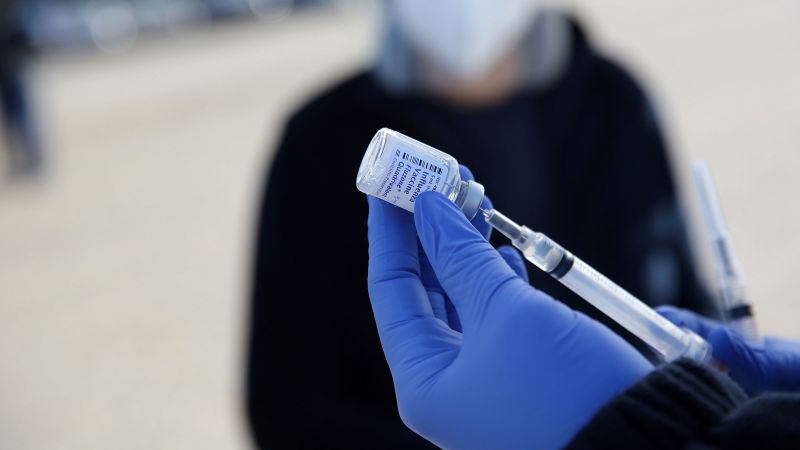
ATLANTA – The debate over thimerosal, a vaccine preservative, has resurfaced as the CDC’s newly appointed vaccine advisers delve into its safety in childhood immunizations.
Breaking: Thimerosal Back on the Agenda
In a surprising move, the US Centers for Disease Control and Prevention (CDC) has placed thimerosal, a mercury-containing preservative used in vaccines, on the agenda for its upcoming advisory meeting. This decision comes amid significant changes in the advisory committee’s composition, following a controversial overhaul by US Health and Human Services Secretary Robert F. Kennedy Jr.
Immediate Impact
The announcement has puzzled public health experts, as thimerosal has been largely phased out of vaccines since 1999, following concerns about potential neurotoxicity. Despite extensive studies debunking any link between thimerosal and autism, the preservative remains a focal point for vaccine skeptics.
“I actually don’t know any pediatric practices that even use that multidose influenza vaccine,” said Dr. Sean O’Leary, a pediatrician at Children’s Hospital Colorado.
Key Details Emerge
The CDC meeting, scheduled for Wednesday and Thursday, marks the first gathering of the restructured advisory panel. The agenda includes a presentation on thimerosal and proposed recommendations regarding its use in flu vaccines, potentially influencing CDC policy.
Industry Response
Public health experts express concern that the inclusion of thimerosal on the agenda may reignite unfounded fears about vaccine safety, a notion previously propagated by Kennedy and associated groups like Children’s Health Defense.
“The science is settled, and this move seems to sow doubt,” noted a vaccine expert familiar with the proceedings.
By the Numbers
Thimerosal has been removed or reduced in all vaccines routinely recommended for children under 6 in the US since 2001, according to the CDC.
What Comes Next
The decision on thimerosal could set a precedent for how the CDC handles vaccine safety concerns moving forward. With a vote expected at the meeting’s conclusion, the outcome may influence future CDC policy, particularly in the absence of a confirmed director.
Background Context
Thimerosal’s journey as a contentious issue began in the late 1990s when concerns about mercury exposure led to its removal from most vaccines. Despite no evidence of harm, the preservative became a target for those questioning vaccine safety, fueled by discredited studies linking vaccines to autism.
Expert Analysis
Experts like Dr. Walter Orenstein, former director of the National Immunization Program at the CDC, emphasize that the decision to remove thimerosal was precautionary, aimed at making “safe vaccines even safer.”
“There was no evidence of harm, but the general feeling was, ‘let’s get rid of it, because we don’t need it,'” Orenstein recalled.
Regional Implications
The renewed focus on thimerosal could have implications for vaccine policies beyond the US, potentially affecting international public health strategies and vaccine confidence globally.
Timeline of Events
- 1999: Thimerosal removal requested by the FDA.
- 2001: Thimerosal removed from most childhood vaccines.
- 2023: Thimerosal reappears on CDC advisory agenda.
Future Implications
As the CDC advisory panel meets, the focus on thimerosal underscores the ongoing challenges in balancing scientific evidence with public perception. The outcome of this meeting could shape the narrative around vaccine safety for years to come.
With the advisory committee’s decision pending, the public and health professionals alike await the implications of this renewed scrutiny on a long-settled scientific issue.







